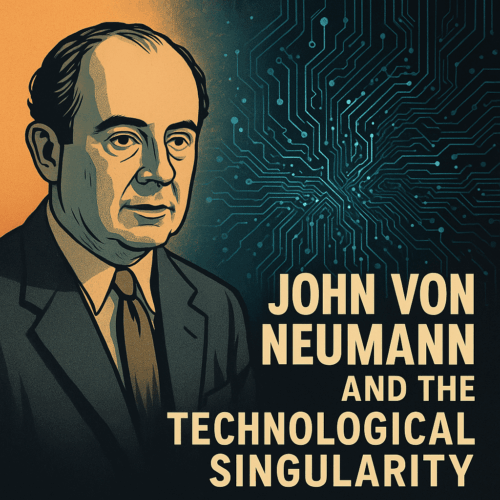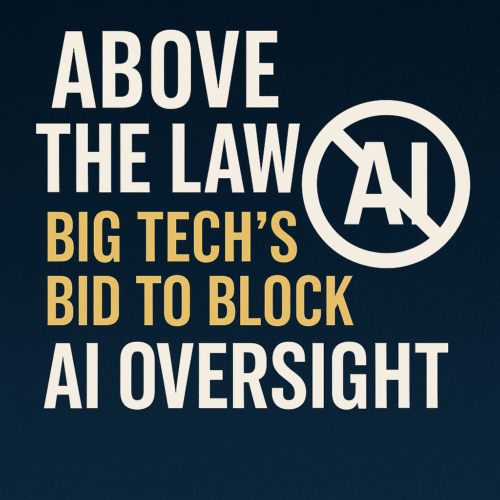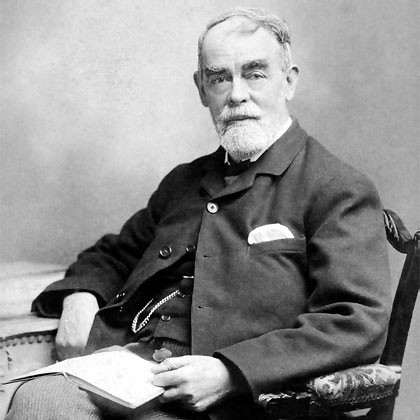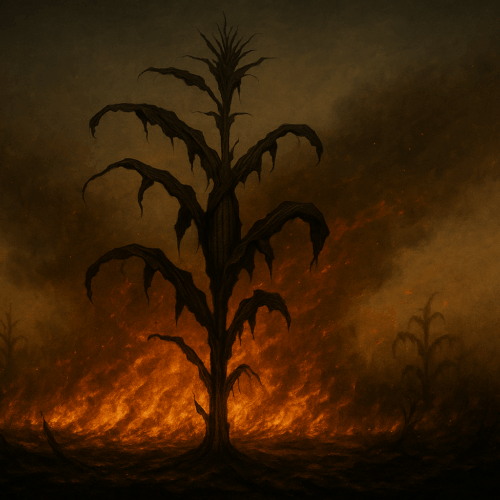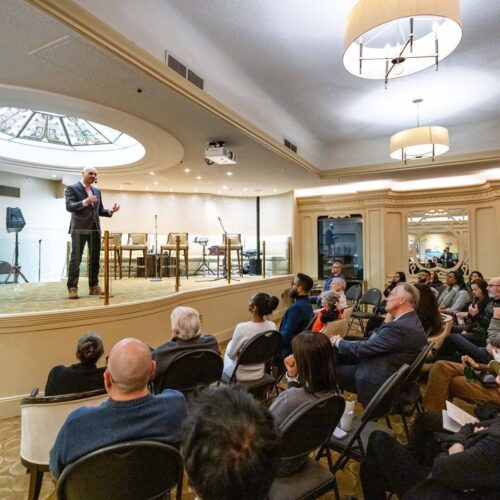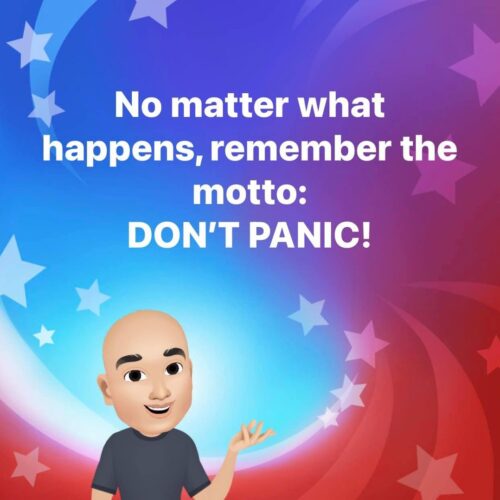HumAInity Is Genius, But Where’s the Wisdom?
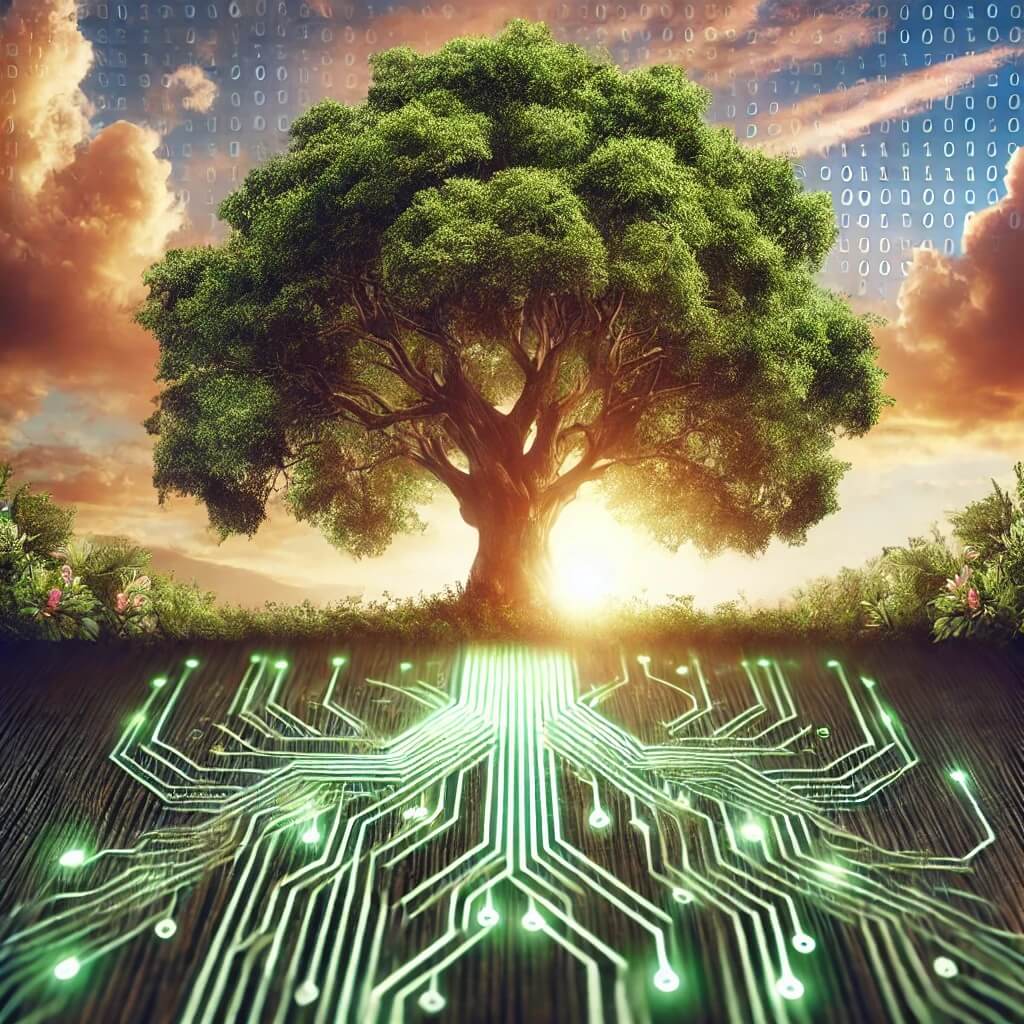 It was human genius that took us to Mars and beyond. A lack of wisdom, however, might stop us from going further. For genius is not wisdom. In fact, talent often undermines character. Just look at the mess some of history’s most gifted business leaders, scientists, musicians, artists, and writers have made of their lives.
It was human genius that took us to Mars and beyond. A lack of wisdom, however, might stop us from going further. For genius is not wisdom. In fact, talent often undermines character. Just look at the mess some of history’s most gifted business leaders, scientists, musicians, artists, and writers have made of their lives.
Combine that tendency with the intoxication of power — the idea that our brilliance is so unique and bright that there’s nothing our genius cannot achieve — and we have most of the ingredients for disaster, if not self-destruction.
To be clear, there’s no doubt that the human species has an abundance of genius. The question is: Do we have enough wisdom?
It’s a question as old as humanity: Is it better to be clever or wise?
As Rumi once wrote, “Yesterday I was clever, so I wanted to change the world. Today, I am wise, so I am changing myself.”
Drowning in Genius, Starving for Wisdom
Today, we are drowning in both information and computation but starving for wisdom. That’s why evidence alone is meaningless without judgment.
Take AI, for instance. AI is already ubiquitous and extraordinarily powerful — a testament to human genius. Yet wisdom, whether human or artificial, remains rare. What does AI really do? It increases the list of things we can do without thinking. And the more we act without thinking, the more dangerous those actions can become in the long run.
In other words, it’s just as important — if not more so — to diminish natural stupidity as it is to improve artificial intelligence. Because the more sophisticated our tools become, the greater the consequences of using them unwisely. The more expensive the toys, the cheaper the user often becomes.
The Need for Collective Wisdom
It’s worth remembering that individuals like the Buddha allegedly attained personal enlightenment. But today, what we need is collective wisdom.
As George Bernard Shaw famously wrote: “Now that we have learned to fly through the air like birds and swim under the water like fish, we have learned all that there is to learn — except how to live on earth like humans.”
This failure to “live on Earth like humans” is not a problem of tools but of character. As Marcus Aurelius observed, “It can only ruin your life if it ruins your character.”
Yet discipline — the very foundation of character — has fallen out of favor. The Coda warns us, “Seek freedom and become captive of your desires. Seek discipline and find your liberty.”
Western civilization has sought freedom for centuries, but without discipline, freedom becomes hollow. True power is not the ability to control others; it’s the ability to control oneself.
Our tools, from fire to AI, have always magnified our abilities — but they also magnify our flaws. A fire can help you cook your meal or burn your neighbor’s house. The question we face today is not whether AI will amplify human power but how it will amplify human intent. Genius builds the tools, but wisdom determines their use.
AI’s Genius Lacks Human Wisdom
Wisdom requires humility, restraint, and a long-term view — qualities often at odds with the forces driving technological progress. The allure of innovation can blind us to its consequences. In our race to create, we forget to ask why. AI may answer the how, but the why is a question only humans can address.
Marcus Aurelius reminds us, “You have power over your mind — not outside events. Realize this, and you will find strength.” Yet we often seek power over the external world — nature, each other, and our machines — while neglecting the inner discipline needed to wield it wisely. The more we advance outwardly, the more essential it becomes to master ourselves inwardly.
As AI enables us to do more with less effort, it risks eroding the very disciplines that wisdom requires: contemplation, patience, and self-restraint. The philosopher Alfred North Whitehead once observed that civilization advances by “increasing the number of important operations which we can perform without thinking about them.” But what happens when we stop thinking altogether?
The Cost of Genius Without Wisdom
Without wisdom, our genius becomes hubris. And hubris, history teaches us, is the prelude to downfall. From the myth of Icarus to the collapse of ancient empires, the story is the same: power without wisdom leads to ruin.
AI, in its current trajectory, acts as a mirror reflecting our strengths and weaknesses back at us. If we fail to confront our own natural stupidity, artificial intelligence will only accelerate our collective mistakes.
It’s no longer enough for a few individuals to achieve wisdom; the stakes are too high, and the world too interconnected. Learning to live on Earth means more than just coexisting — it means creating systems that prioritize human flourishing over unchecked growth, wisdom over efficiency, and sustainability over short-term gain.
This requires a cultural shift that embraces discipline not as a constraint but as a path to true freedom.
True Power Lies in Wisdom
To navigate the age of AI, we must remember that power is not the ultimate goal. As the Coda warns us, “Seek freedom and become captive of your desires. Seek discipline and find your liberty.” True power lies in self-mastery, not in the domination of others or the reckless pursuit of progress.
A Lesson from the Gods
The myths of the Greek and Norse gods offer a haunting reflection of our predicament. Though they possessed immense power, they lacked wisdom, and their unchecked desires led them to destruction.
Now, with tools like AI, we find ourselves wielding powers that rival those of the gods. But will we avoid their fate? Or will we repeat their mistakes, succumbing to hubris and self-destruction?
The Path Forward: Marrying Genius with Wisdom
Our tools magnify our abilities — but they also magnify our flaws. Genius builds the tools, but wisdom determines how we use them. And wisdom requires humility, restraint, and a long-term perspective.
The more we advance outwardly, the more we must develop inwardly. For it is not AI that will determine our destiny — it is how we choose to use it. And that choice, above all, requires wisdom.
The question is no longer whether we are clever enough to build incredible machines. The question is whether we are wise enough to wield them responsibly.

